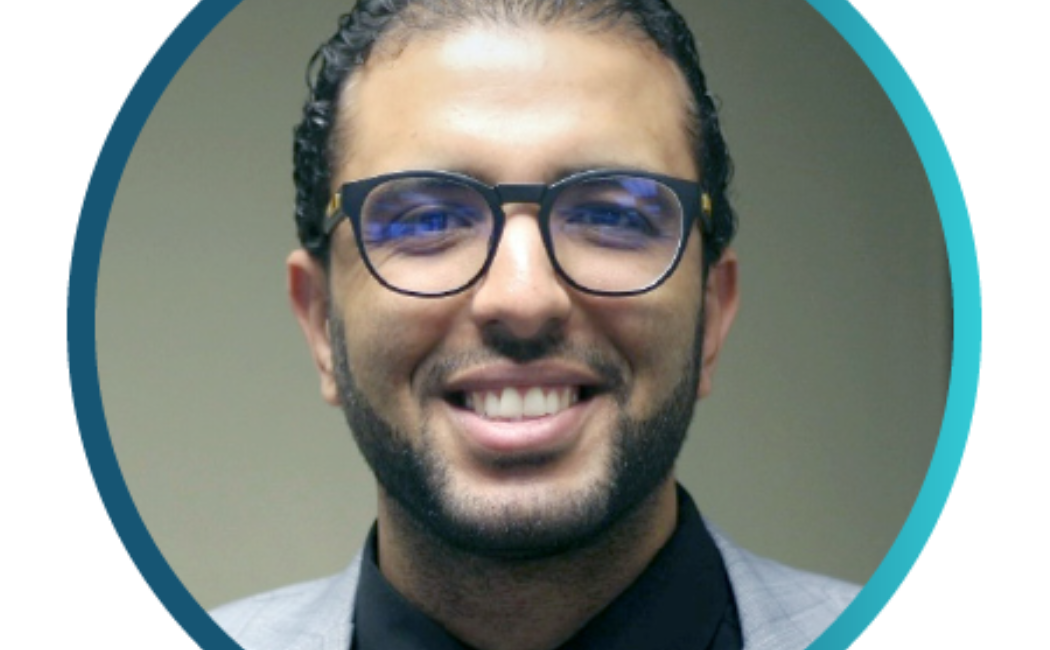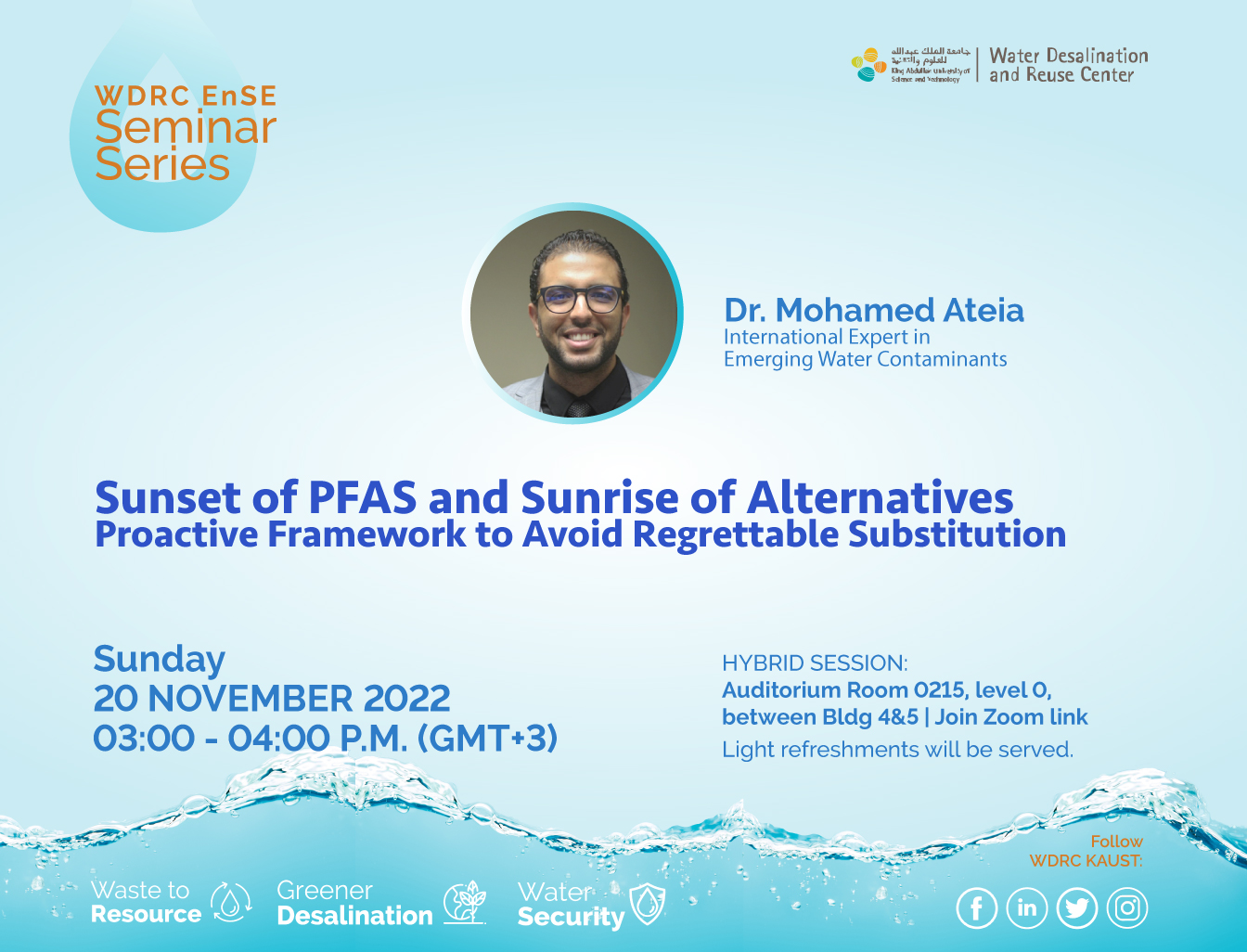



Abstract:
New chemical formulations are being tested to replace PFAS-containing fire-fighting foams in several applications, including systems designed to protect aviation fuels, weapons, chemical tankers, and large petroleum tanks. The current efforts are focused on identifying and synthesizing new surfactant molecules and additives that do not contain perfluorinated chains but display the desired fire-fighting properties. If the same fire-extinguishing properties could be achieved, the new chemical formulations are expected to be as persistent and mobile if released to the environment as their fluorinated counterparts. Investigating the impacts of novel PFAS-free foams on environmental and human health is necessary to ensure they are safer than PFAS foams and prevent a potential global widespread contamination in the future. This talk will highlight the proactive approaches to allow making evidence-based decisions regarding the safe implementation of the new alternative chemicals, which will also save millions of dollars of remediation costs in case of replacing PFAS with ‘new’ persistent and toxic chemicals.
About the Speaker:
Dr. Mohamed (Moha) Ateia Ibrahim’s research at the US EPA targets the removal of micropollutants and the assessment of various separation and destruction technologies from lab-scale to Superfund sites. Inspired by the realization that conventional water treatment techniques will not be able to treat these problems, Moha have devoted himself to developing practical remediation solutions that draw on his expertise in engineering and chemistry. Specifically, he has focused on the assessment of conventional methods (e.g., GAC, IX resins), the development of new materials and/or composites to adsorb/degrade micropollutants, and the mobility of new classes of contaminants in the environment (e.g., microplastics). He has initiated and led over a dozen of research collaborations with researchers across the world to target micropollutants in a practical way.